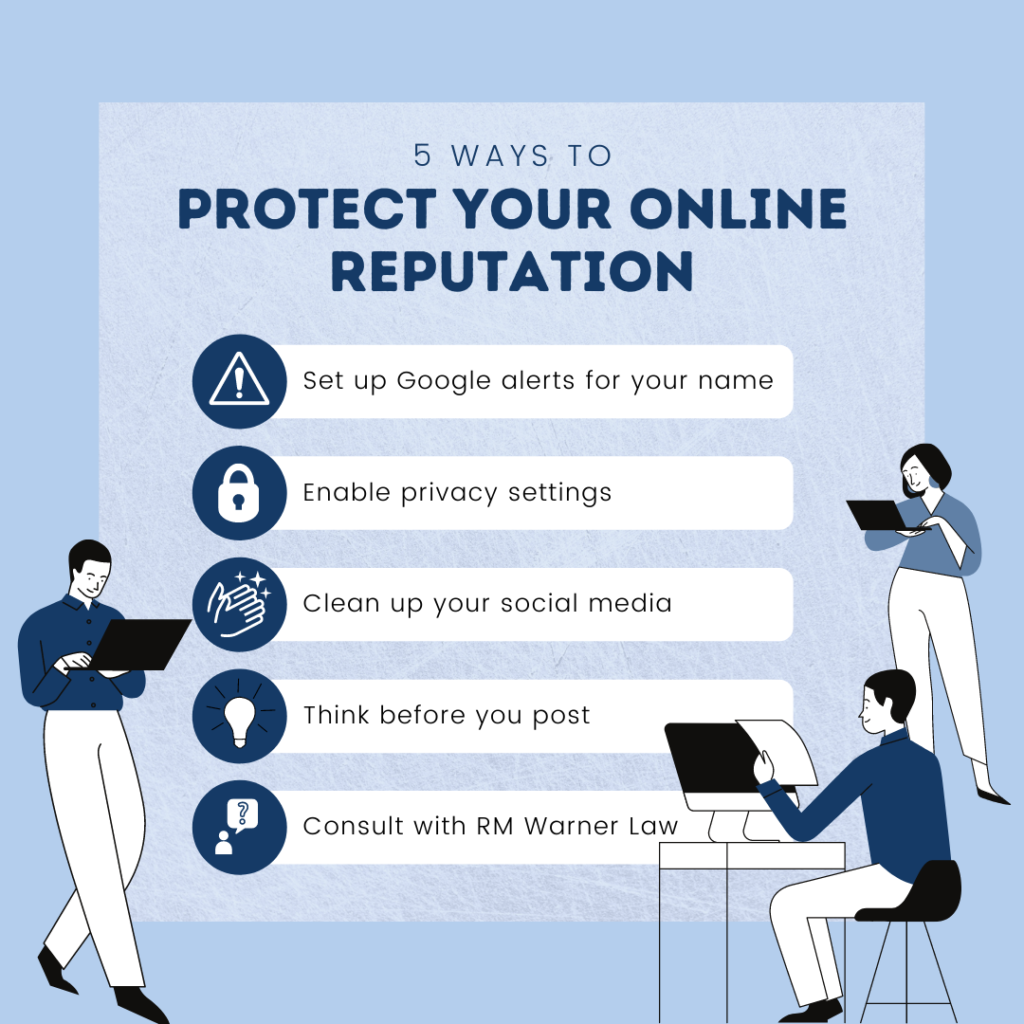Imagine scrolling through your social media feed, and suddenly, a message pops up that sends chills down your spine. Someone claims to have sensitive information about you and demands something in return for their silence.
This is social media blackmail, and it can happen to anyone. The fear, the anxiety, the uncertainty—it’s overwhelming. But you are not alone, and there are ways to take control of the situation. You’ll discover practical steps to deal with social media blackmail effectively.
You’ll learn how to protect your digital presence, regain your peace of mind, and stop the blackmailer in their tracks. By the end, you’ll feel empowered, equipped with the knowledge to safeguard your online life, and ready to reclaim your power. Keep reading to turn fear into action and vulnerability into strength.

Credit: digitalinvestigation.com
Identifying Social Media Blackmail
Social media blackmail uses fear to control others. People might threaten to share private photos. This can make the victim feel scared and trapped. Recognizing the signs is important. Watch for threats demanding money or favors. Blackmailers may pretend to be friends. They often use kind words to gain trust. They might ask for personal details. Protect your information online. Never share passwords or sensitive data. If someone makes threats, tell a trusted adult. Keep evidence of messages or emails. This can help authorities catch the blackmailer. Stay safe by knowing the tricks used by these criminals. Be smart and protect yourself.

Credit: rmwarnerlaw.com
Immediate Actions To Take
Stay calm. Panic makes things worse. Think clearly about your next steps. Do not respond to threats. This gives the blackmailer power. Collect evidence. Take screenshots of messages and threats. This is very important. Contact the platform. Report the blackmail to them. They can help you. Talk to someone you trust. Share your worries with them. Do not pay any money. Paying can lead to more demands. Change your passwords. Make them strong and unique. Consider legal help. The police can guide you. Protect your accounts. Use two-step verification. Stay safe online. Think before sharing personal info.
Gathering Evidence And Documentation
Start by collecting all messages. Take screenshots of threats and demands. This helps prove the blackmail. Save emails and text messages. Keep copies on your computer. Use a folder to store evidence. Make sure every piece is clear and visible.
Record phone calls if possible. Check your local laws first. Some places need permission. Written records can be helpful too. Write down dates and times. Note what was said. This creates a timeline of events. Every detail counts. It strengthens your case.
Contact authorities with this information. Show them the documentation. They need it to act. Evidence makes your case stronger. It helps protect you from harm. Stay calm and focus on collecting proof.
Legal Recourse And Reporting
Victims of social media blackmail must act quickly. They should gather all evidence of the blackmail. This includes screenshots, emails, and messages. Evidence helps in legal actions. It is important to report the blackmail to the social media platform. Many platforms have policies against blackmail. Reporting can lead to the removal of harmful content.
Consulting a lawyer is wise. Lawyers provide guidance on legal options. They help victims understand their rights. Victims can file a police report. The police can investigate and take action. Legal action can stop the blackmail. It can also lead to punishment for the blackmailer. Victims should not feel alone. Support is available through legal channels.
Preventive Measures And Online Safety
Stay safe by using a strong password. Use numbers and symbols. Do not share passwords with others. Keep your personal information private. Avoid sharing your address or phone number online. Be careful with your photos. Only share with trusted friends. Set your profile to private. This keeps strangers away. Never talk to unknown people. They might not be who they seem.
Use two-step verification. It adds more security. If you see a suspicious message, do not reply. Report it to the platform. Always log out from shared devices. This keeps your account safe. Teach your friends about online safety. Help them stay protected too. Remember, safety first!

Credit: www.youtube.com
Frequently Asked Questions
What To Do When Someone Blackmails You On Social Media?
Report the blackmail to the social media platform immediately. Collect evidence of the threats and messages. Contact local authorities for assistance. Avoid responding or complying with the blackmailer. Seek support from friends, family, or a professional counselor.
Do Sextortionists Follow Through If You Ignore Them?
Sextortionists rarely follow through if ignored. They often target many people, hoping for a quick response. Ignoring them reduces their power. Always stay cautious and report any threats to authorities. Protect your privacy and online security to prevent future attacks.
How To Fight Online Blackmail?
Contact law enforcement immediately and gather all evidence. Do not pay the blackmailer. Secure your online accounts and change passwords. Seek legal advice and consider consulting a cybersecurity expert. Report the incident to relevant online platforms.
Do Blackmailers Give Up If You Block Them?
Blocking blackmailers may not make them give up immediately. They could attempt contact through different methods. Stay vigilant, avoid sharing personal information, and consider seeking legal advice. It’s crucial to report blackmail incidents to authorities for further assistance and protection.
Conclusion
Facing social media blackmail is tough but manageable. Stay calm. Report the issue to the platform and authorities. Protect your personal information. Seek support from friends and family. Do not give in to demands. Remember, you’re not alone in this situation.
Many resources are available to help. Educate yourself on privacy settings. This reduces future risks. Stay informed and alert. Empower yourself with knowledge and support. By taking these steps, you can safeguard your online presence and well-being.
